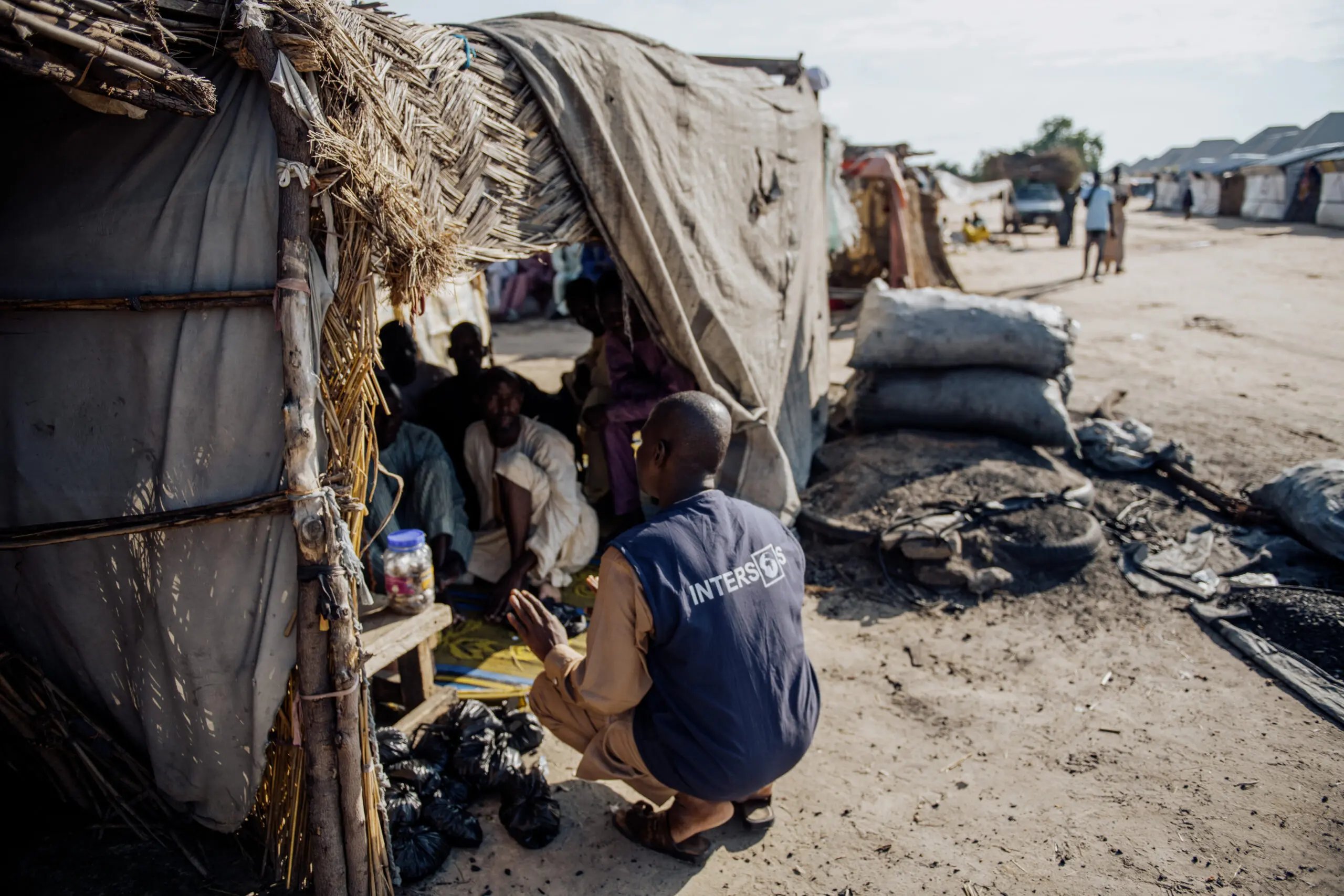Analysis
Israel’s new rules for NGOs threaten to isolate Palestinians even further
‘There is fear among the NGOs: if we expose ourselves with interviews or public speeches, we risk that our words will be used by the Israeli commission to reject our request for registration.’

The new Israeli guidelines that will regulate the operations of international NGOs in the Occupied Palestinian Territories came into effect on March 9. In the face of an unprecedented humanitarian crisis, with Gaza reduced to hunger and thirst and devastation that will require decades of material, social and psychological rebuilding, and with such a level of internal oppression that the West Bank has been set back 20 years, Tel Aviv's attempts to isolate the Palestinian people are now also being pursued by means of the censorship of international observers.
The over 200 foreign NGOs that have been operating in the Occupied Palestinian Territory for years, building networks and maintaining constant relations at the grassroots level, now have six months to register under the new regulations.
The crackdown operation already began on Oct. 7, 2023, with an immediate freeze on the issuance of work visas for foreign staff, which have never been resumed: for 18 months, NGOs have relied solely on local staff in Gaza, the West Bank and East Jerusalem. Then, in early December 2024, the Israeli announced changes to the registration procedures for NGOs, which will determine both the issuance of work visas and access to the Occupied Territories.
The authority over registrations will no longer belong to the Ministry of Social Affairs but to an inter-ministerial department (involving the Defense, Foreign, Settlements and National Security ministries, joined by representatives of the police and internal security services) that will assess whether an NGO is “illegitimate” on the basis of political criteria, including acting “against the interests of the State of Israel.” Here, the guidelines explicitly mention “denying the Jewish and democratic nature of the state, supporting armed resistance or maintaining ties to terror groups, criminal activity that endangers the public order, promoting the delegitimization of Israel or calling to boycott it.”
These are vague and discretionary criteria: one can end up on the blacklist for having any public dealings with internationally recognized Palestinian organizations which are labeled by Israel as “terrorist,” or for the most basic work of monitoring and raising awareness of the living conditions of the most vulnerable.
Last Monday, the Association of Italian NGOs (AOI) and the Platform of Italian NGOs in the Middle East and Mediterranean published a dossier summarizing the new guidelines and the violations of international law they entail. They called on the Italian government to act, urging it to “demand from Israel the immediate revocation of the new measures; promote the activation of a provisional procedure for the issuance of humanitarian visas; encourage the establishment of discussions with the NGOs and UN-OCHA to define clear, transparent and inclusive criteria; and intensify diplomatic and political efforts to ensure that access to relief is not exploited for political ends.”
There has been only silence from the Italian government so far. “We wrote a letter to Tajani, but it must have ended up in the trash. It’s not the first one we’ve written, and we have never received a written response. The Agency for international cooperation (AICS) is more receptive: it’s telling us it understands the situation but has to do whatever the ministry tells it to do,” the head of one of the Italian NGOs involved tells us, asking not to be named. He is quick to explain why: “There is fear among the NGOs: if we expose ourselves with interviews or public speeches, we risk that our words will be used by the Israeli commission to reject our request for registration. There are those who choose to expose themselves and others who don't; that's why we are acting as a platform, without mentioning the names of individual NGOs.”
The various NGOs, both Italian and international, are moving in a coordinated manner to denounce the Israeli politicization of humanitarian activity and the apathy of their respective governments, through parliamentary questions in their countries and at the level of the European Union.
They are demanding clarity and asking to be allowed to continue their work. “At this point, we don’t know what losing registration in Israel would involve. Beyond staff visas, will we be able to operate in the Palestinian Territories? Will our bank account there remain active? We worry they won’t: Israel controls the Palestinian banks through its own intermediary banks. If they close our accounts, close the offices in Ramallah and Jerusalem, arrest the local staff, it won’t be possible to work anymore.”
“We believe that the goal is to decrease the number of international witnesses as much as possible,” the NGO leader concludes, “and to eliminate, or nearly eliminate, international cooperation, leaving active only a few entities considered ’neutral,’ such as the Red Cross or large organizations that never say anything about respect for human rights or speak out against violations. Or by implementing window dressing projects that don’t involve the local population, in agreement with friendly countries.”
Originally published at https://ilmanifesto.it/isolare-i-territori-palestinesi-cacciando-le-ong-le-nuove-linee-guida-israeliane-sono-realta on 2025-03-26
